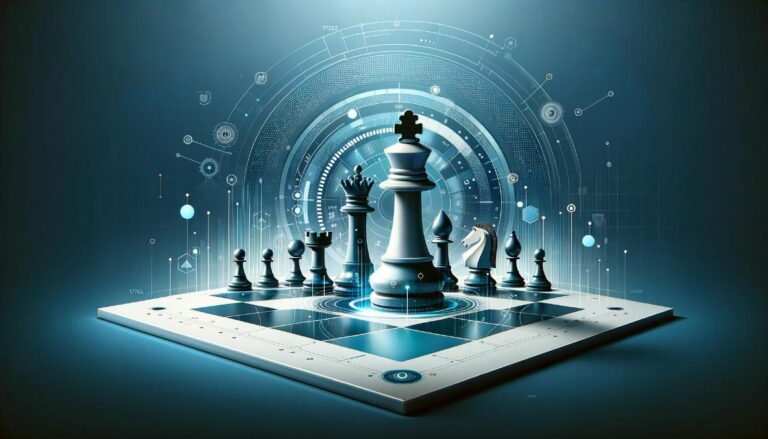Introduction
Memory is an essential component in the game of chess. As players strive to outsmart their opponents, they rely on their memory to recall and analyze past games, openings, and tactics. Memory plays a crucial role in decision making, strategy development, and overall game performance. Without a strong memory, players may struggle to keep up with the complex and fast-paced nature of chess. In this article, we will explore the role of memory in chess and provide tips on how to train and improve it.
The Types of Memory Used in Chess
There are three main types of memory that are utilized in the game of chess: short-term memory, long-term memory, and working memory.
Long-term memory, on the other hand, refers to the ability to store and retrieve information over extended periods of time. This type of memory is crucial in chess as players need to remember opening variations, key tactical patterns, and past games to inform their current decisions.
The Importance of Memory in Chess
Memory is a crucial aspect of chess as it allows players to quickly recall past games and positions, analyze current situations, and make informed decisions. A strong memory enables players to recognize patterns and anticipate their opponents´ moves, giving them a significant advantage. Chess masters are known for their incredible memory skills, which allow them to recall thousands of games, variations, and tactics, giving them a strategic edge over their opponents.
How to Train Your Memory in Chess
Just like any skill, memory can be trained and improved with practice and dedication. Here are some tips to help you train your memory in chess:
One of the most effective ways to train your memory in chess is by studying and analyzing games. Choose games from top players and try to memorize the moves and variations. This will help you build your long-term memory and improve your understanding of different openings and tactics.
Visualization is a powerful memory technique that can help you improve your working memory in chess. Start by visualizing a chessboard and try to recall the position of the pieces. You can also challenge yourself by visualizing different positions and variations and then try to replay them on a chessboard.
Opening variations are crucial in chess, and remembering them can give you a great advantage in a game. Practice memorizing different variations of your favorite openings and try to recall them during your games. Over time, you will become more familiar with these openings and be able to recall them more quickly.
Solving chess puzzles is a great way to improve your pattern recognition and short-term memory. Chess puzzles usually involve finding the best move or sequence of moves to win a game or gain an advantage. As you solve more puzzles, you will become better at recognizing patterns and quickly recalling critical moves during a game.
Playing faster time controls such as blitz and rapid games can also help improve your memory in chess. These games require quick decision-making, which forces you to rely on your short-term memory. This can help you develop the ability to think and recall moves more quickly.
Conclusion
In conclusion, memory is a vital component in the game of chess. From recalling previous games and positions to calculating and analyzing potential moves, memory plays a crucial role in decision making and overall game performance. By incorporating these tips into your chess training, you can improve your memory skills and take your game to the next level. Remember, practice and dedication are key to developing a strong memory in chess. So keep playing, analyzing, and studying, and your memory will continue to improve with time.

